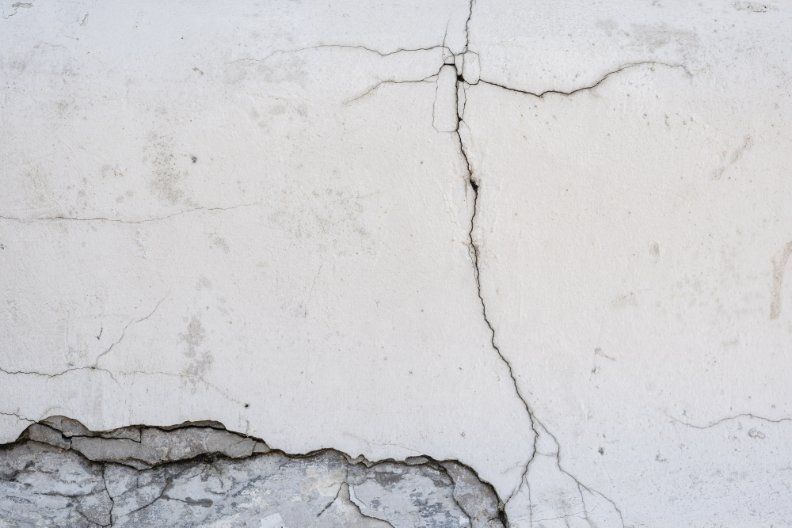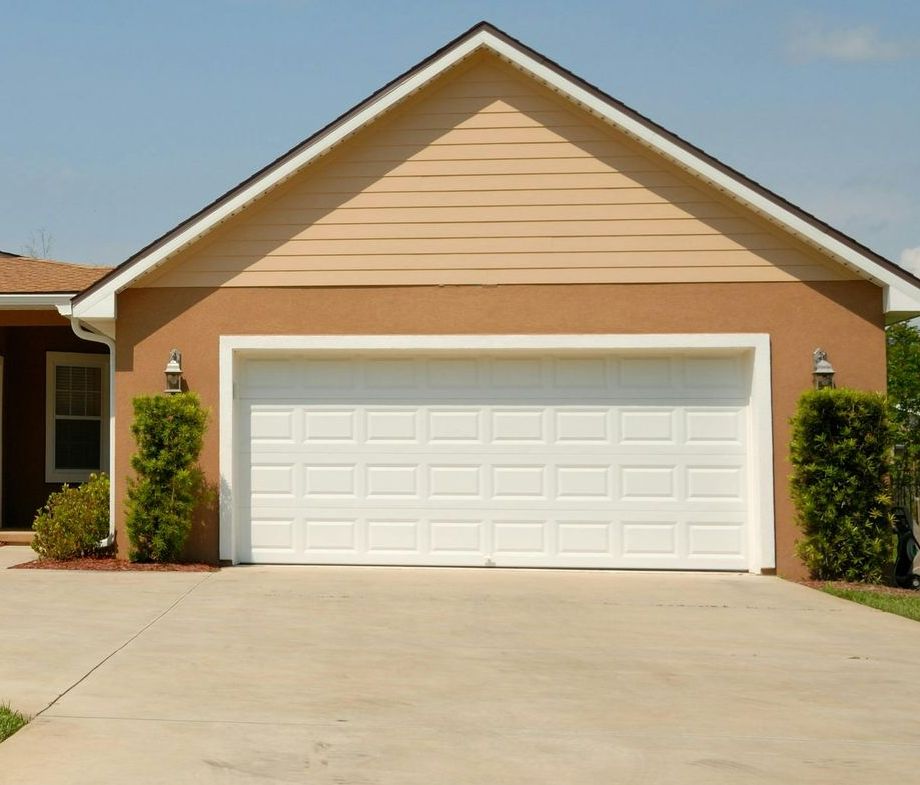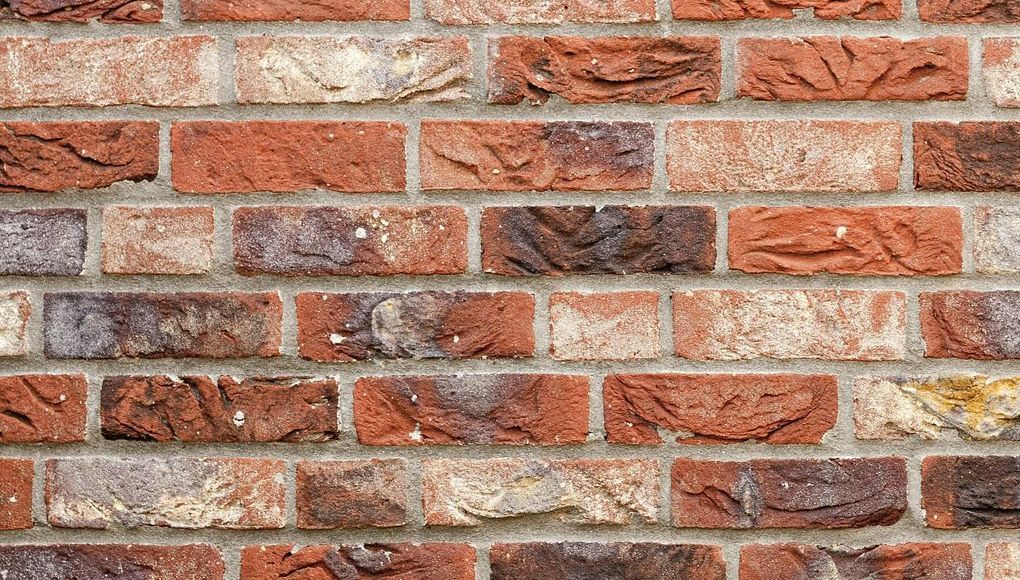How to Fix Indoor Concrete Cracks

Concrete is a strong and durable material often used for indoor and outdoor construction projects. However, it is not immune to cracks. Concrete cracks can form for various reasons, but most often, it's due to shrinkage or expansion. They can range in size from hairline cracks to large chunks that have broken away from the surface. No matter the size, all cracks must be fixed as soon as possible to prevent further damage and erosion. Here are some tips on how to fix indoor concrete cracks!
Different Types of Concrete Cracks and What Causes Them
Several types of cracks can form in concrete, but the most common are shrinkage cracks, expansion cracks, and structural cracks.
Shrinkage cracks form when the concrete dries and shrinks.; this is a common occurrence and is usually not a cause for alarm. However, fixing these cracks as soon as possible is essential to prevent them from becoming more prominent and problematic.
Expansion cracks form when the concrete expands due to changes in humidity or temperature. These cracks signify structural problems, so fixing them as soon as possible is vital to prevent further damage.
Structural cracks are more severe than shrinkage or expansion cracks and can indicate that the foundation of the building is weak. If you notice any structural cracks, it's best to consult a professional concreter to find a solution.
How to Fix These Cracks
The best way to fix indoor concrete cracks is to fill them with epoxy resin. This material is solid and durable and will bond the cracked concrete together. It's essential to ensure that the epoxy resin is mixed correctly and applied evenly to the crack. Once it's dry, the epoxy resin will create a waterproof seal to prevent further damage.
If the crack is small, you may be able to fix it yourself with a concrete patching kit. These kits are available at most hardware stores and come with everything you need to fill and patch the crack. Just follow the instructions on the kit, and you should be able to fix the problem yourself.
For more significant or severe cracks, it's best to consult a professional concreter; they will be able to assess the situation and find the best solution.
Preventing Concrete Cracks
You can do a few things to control concrete cracks from forming in the first place.
First, make sure that the concrete is mixed correctly. If the mixture is too wet or dry, it can lead to cracking. Second, be sure to place the concrete evenly. Avoid putting too much weight on one area, which can also cause cracking. Third, use expansion joints to allow the concrete to expand and contract without cracking. Lastly, cure the concrete properly: keeping it moist and cool until it's fully cured.
If you follow these tips, you can help prevent concrete cracks from forming. However, if they form, fix them as soon as possible to prevent further damage.
Additional Remedies for Repairs
In addition to filling and patching cracks, a few other remedies can be used to repair cracked concrete.
One option is to use a concrete sealer; this will fill the cracks and prevent water from seeping in, which can cause further damage. Another option is to use a
concrete repair kit. These kits contain everything you need to fix the problem, including epoxy resin and patching material.
How Much Does It Cost to Fix a Crack?
The cost of fixing a crack in concrete will vary depending on the size and severity of the crack. For small cracks, you may be able to use a concrete patching kit. You may need to hire a professional concrete contractor for more significant cracks.
When Should I Call a Professional Concreter?
If you're unsure how to fix the crack, or if the crack is big and severe, it's best to call a professional concrete contractor; they will be able to assess the situation and find the best solution.
Concrete cracking can be a nuisance, but they don't have to be a big problem. You can fix most cracks with some knowledge and the right tools. However, it's best to call a professional concreter for larger or more severe cracks. They will be able to assess the situation and find the best solution for the problem.
Concrete cracks can form for various reasons, but most often, it's due to shrinkage or expansion. No matter the size, all cracks must be fixed as soon as possible to prevent further damage and erosion. This blog outlines how to fix indoor concrete cracks using epoxy resin or a concrete patching kit. We've also provided some tips on preventing concrete cracks from forming in the first place. If you're unsure how to fix the crack or if it is extensive and severe, it's best to call professional concreters.
If you have any further questions or need assistance with repairing your concrete, please don't hesitate to contact us at
08 6186 7423. We would be happy to assist you in getting your concrete back in good condition!


